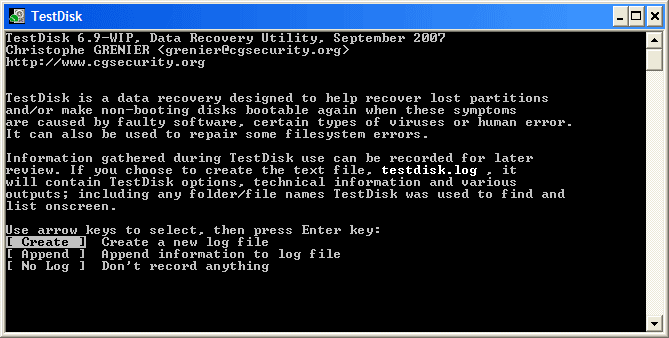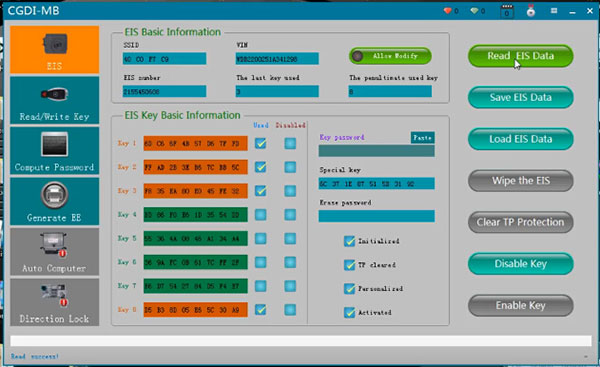


It can do more, such as make a nonbooting disk bootable. It saves the data as a text file that serves as a reference when you need to recover the partition. This tool can analyze your disks and partitions to extract information about their geometry, formatting, and file structure. TestDisk is very much like PhotoRec in appearance and operation, but it requires more care to use successfully, and more knowledge, too (some experience is also recommended). But it found a lost file, and quickly, too. PhotoRec definitely requires a little more knowledge and skill than many tools that do similar jobs. The program usually highlights the best option, and users simply need to press Enter. PhotoRec automatically searches for lost files. We selected a thumbdrive, then the partition, and then clicked Search. It walked us through every step: selecting a drive and partition, selecting Options, initiating a Search, or starting a recovery operation. PhotoRec's user interface isn't a GUI so much as a modified Command Prompt that only allows keyboard control, but don't be put off by the stripped-down look. Since PhotoRec is portable, that destination will be wherever you saved PhotoRec's program files. PhotoRec is designed to be totally safe to use, and it doesn't write to the drive or memory directory you're trying to recover files from but rather saves recovered files to the directory it's stored in. Though PhotoRec and TestDisk are bundled, they're separate utilities with separate executables. It can handle most memory types, including USB, CompactFlash, MMC, and SmartMedia as well as optical disks and your hard drives.


PhotoRec is designed to recover lost files from your digital camera's memory or any similar memory device. TestDisk is a simple but powerful tool for analyzing and recovering disk partitions, including some unusual selections such as Xbox and Mac partitions. TestDisk and PhotoRec from CG Security are freeware utilities bundled together in one portable download.


 0 kommentar(er)
0 kommentar(er)
